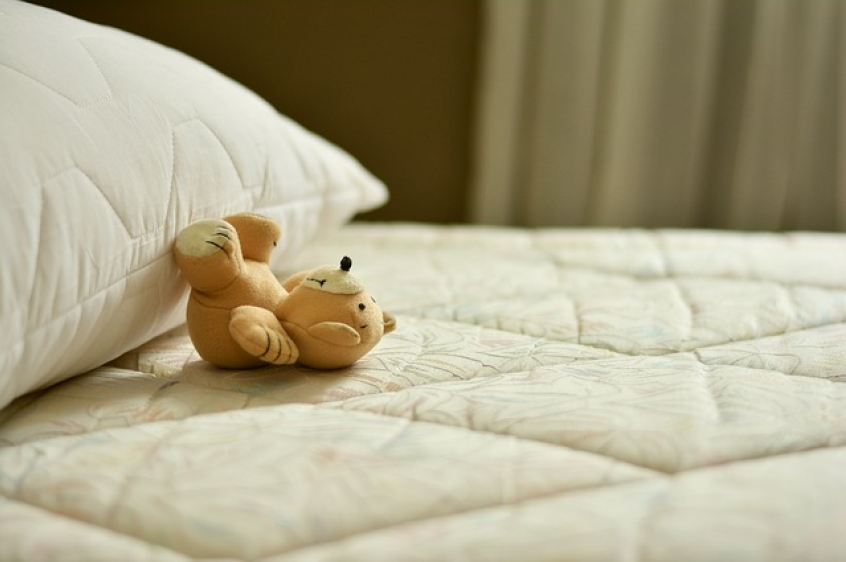
A study conducted by scientists from Denmark has suggested that children's bedwetting may be caused by genetics rather than stress or unhappiness.
Bedwetting, also known as nocturnal enuresis, affects about 12 percent of children aged 7 to 9, but about two percent suffer from the condition even into adulthood, according to Sunday Express.
Researchers have found that young people with a specific genetic combination are 40 percent more likely to wet the bed.
"It has been suggested over many years that bedwetting is down to psychological problems. But the evidence of this is poor," said Dr. Soren Rittig of Aarhus University Hospital in Denmark, as reported by Daily Mail.
Rittig and other members of the research team looked at 40,000 Danes, including 4,000 who were affected by bedwetting or had received a prescription for the condition.
An examination of the DNA of the subjects indicated that there are six genetic "variants" in two areas of the body that increased the chances of bedwetting.
Rittig said that the risk of bedwetting was 40 percent higher among participants who have the genetic variants in both areas. However, he cautioned that the study still does not explain all cases of bedwetting.
"This research is important because it speaks to support that bedwetting is not a psychological problem or something you should blame the child for," he explained.
The study is to be presented this coming September at a meeting of the International Children's Continence Society in Rome.
Rittig stressed in a previous article for News-Medical.net that bedwetting does not necessarily go away by itself, but it can be treated.
He said that the problem occurs when there is over-production of urine at night or when the bladder is functioning at a reduced capacity. Children who wet their bed are unable to wake up to the signals of a full bladder, according to the researcher.
Rittig further explained that almost two-thirds of children who wet their bed have one or both parents who have a history of the condition.
He said that children who wet their bed may suffer from low self-esteem at a time when image is crucial to personal development and that the condition has been linked to reduced daytime functioning, such as school activities and social performance.
ERIC, the Children's Bowel & Bladder Charity, said that bedwetting "isn't caused directly by psychological issues," but said that stress maybe a factor in cases when children start to wet their bed again after a period of dryness.













